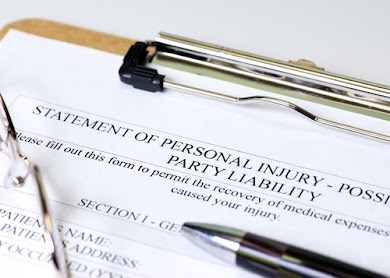Receiving compensation for food poisoning from airline food can be a complex and challenging process, but it is not impossible. Whether you can successfully receive compensation depends on various factors, including the severity of your illness, the evidence you can gather, the airline’s liability, and the relevant laws and regulations.
Here are some key points to consider if you come down with food poisoning from airline food and are seeking compensation:
- Documentation and evidence: If you believe you contracted food poisoning from airline food, it’s crucial to document your illness as thoroughly as possible. This includes keeping records of your symptoms, seeking medical attention, and obtaining a diagnosis from a healthcare professional. Photographs of the meal and any visible issues with the food can also serve as valuable evidence.
- Report the incident: As soon as you suspect food poisoning, report the incident to the airline’s cabin crew or staff on the flight. Ensure that your complaint is documented by the airline. Additionally, you should report the incident to the relevant food safety authorities in the country where the airline is based or where the incident occurred.
- Seek medical attention: If your symptoms are severe or persist beyond a day or two, seek medical attention immediately. Having a medical record that links your illness to the consumption of airline food can be essential in establishing a connection between the food and your illness.
- Collect information: Gather as much information as possible about the flight, such as the flight number, date, and any witnesses who may have also consumed the same food and fallen ill. Witness statements can corroborate your claim.
- Airline liability: Establishing the airline’s liability can be challenging. Airlines often outsource food preparation and catering services, making it harder to pinpoint responsibility. However, if you can prove that the food served was contaminated or improperly prepared and that this directly caused your illness, you may have a case for compensation.
- Airline’s contract of carriage: Review the airline’s contract of carriage, which outlines the terms and conditions of your ticket purchase. This document may contain information regarding the airline’s liability in cases of illness due to in-flight meals.
- Food safety regulations: Familiarize yourself with the food safety regulations and standards applicable to airlines in the country where the airline is based. These regulations may provide guidelines for food preparation, storage, and handling. If the airline has violated any of these regulations, it may strengthen your case.
- Contact the airline: After your trip, contact the airline’s customer service department to report the incident and inquire about their procedures for handling such complaints. Some airlines may offer compensation, vouchers, or refunds as a goodwill gesture.
- Legal action: If you believe you have a strong case and the airline is uncooperative, you may consider consulting with a Virginia Beach injury attorney. They can provide guidance on pursuing legal action against the airline.
It’s essential to be aware that pursuing compensation for food poisoning from airline food can be a protracted and uncertain process. Airlines often have legal teams that will defend against such claims, and the burden of proof rests on the passenger. Therefore, it’s crucial to document your case meticulously and consider seeking legal help from a Virginia personal injury attorney.
While it is possible to receive compensation for food poisoning from airline food, the process can be complex and challenging. To learn what type of case you may have, contact Shapiro, Washburn & Sharp to schedule a free case evaluation.
